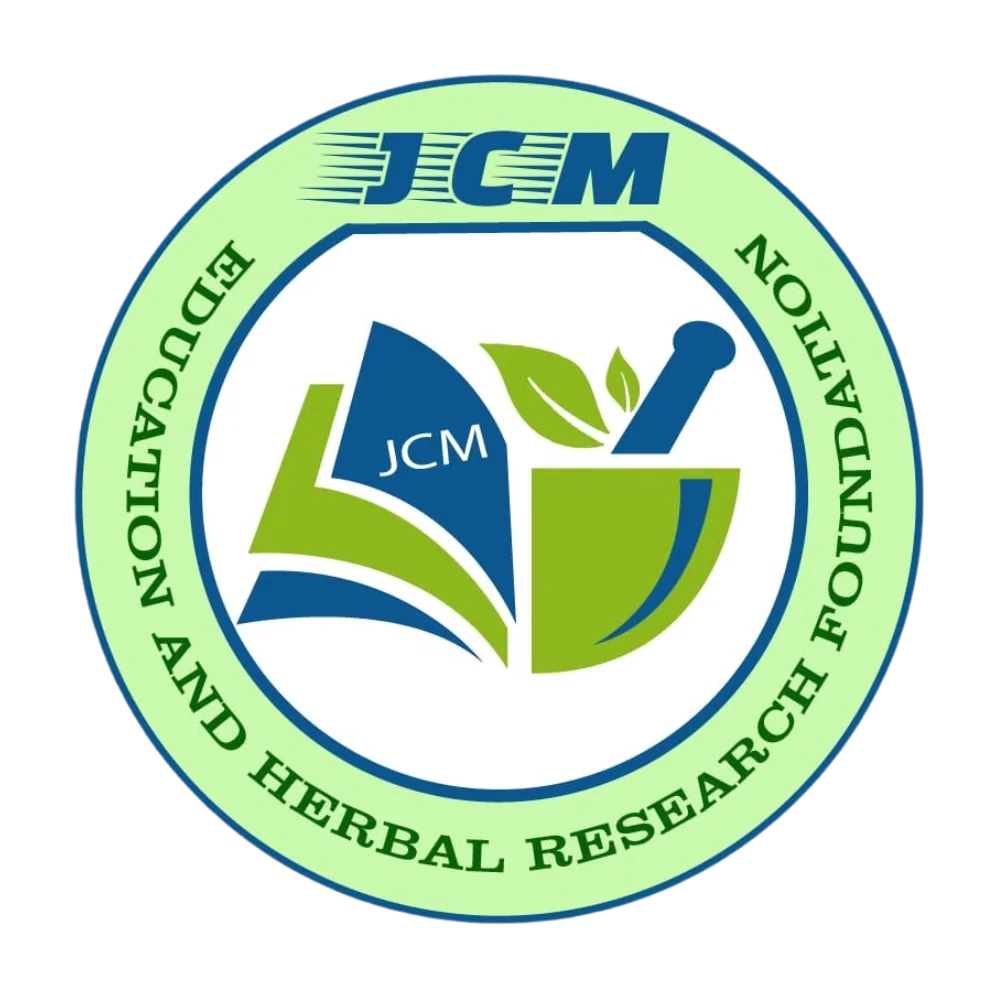In today’s world, many of us feel stressed and anxious. Everybody is on the go, trying to keep up with life’s demands. This rush can leave us feeling worried and tired. It’s no surprise that more people are looking for remedies that truly help. One approach that stands out is Ayurvedic medicine for anxiety and stress.
Ayurveda is an ancient healing system from India. It tackles mental health differently. Instead of just looking at symptoms, it considers the whole person. Ayurveda believes that imbalance in the body’s energy can cause unease. It seeks to restore this balance, providing relief from anxiety.
What’s fascinating about Ayurveda is its timeless approach. Though the practice is ancient, it remains relevant. People today still rely on Ayurveda for its holistic principles and natural methods. It’s more than just a remedy, it’s a way of life. In this guide, we’ll explore how Ayurvedic treatment for stress and anxiety can make a big difference.
Exploring Ayurvedic Approaches to Anxiety and Stress
In Ayurveda, there are three energies in our body called doshas: Vata, Pitta, and Kapha. When these doshas are out of balance, stress and anxiety can occur. For example:
- Vata imbalance may cause us to feel nervous.
- Pitta imbalance can make us irritable.
- Kapha imbalance could contribute to feeling down or sluggish.
Ayurveda uses herbs to help balance these doshas. Ayurvedic herbs for stress and anxiety like Ashwagandha, Brahmi, and Jatamansi can calm the mind and improve mental health. They are natural and have been trusted for centuries.
Ayurveda also recommends self-care rituals. These include:
- Abhyanga: A daily massage that can ease the body and calm the mind.
- Shirodhara: Pouring warm oil on the forehead, which helps relax and reduce stress.
- Yoga: Gentle movements and breathing exercises that clear the mind and sharpen focus.
Not only do these practices soothe anxiety, but they also help restore balance. By incorporating these routines, one can find calm amid chaos. Ayurvedic remedy for stress and anxiety encourages small changes to daily routines. These ensure that stress doesn’t stand a chance.
Holistic Practices and Dietary Recommendations in Ayurveda
Ayurveda sees a strong link between our mind and body. By using techniques like Panchakarma and Pranayama, we can balance our emotions. Panchakarma involves detoxifying treatments, while Pranayama focuses on breathing exercises. Together, they create inner peace.
Diet plays a big role, too. Ayurveda advises warm, nourishing foods over cold ones. Such foods have a calming effect. Avoiding stimulants, like caffeine, is also suggested. They can heighten anxiety.
Here are some tips to keep stress at bay:
- Eat warm, home-cooked meals. Think soups and stews.
- Try to maintain regular sleep patterns. Rest is a great healer.
- Use herbal teas and essential oils to create a tranquil home environment.
By following these practical tips, you blend diet and routine to manage stress efficiently. This seamless mix is what Ayurveda for stress and anxiety is all about.
Ayurveda in Modern Mental Health: Evidence and Personal Journeys
Research backs up the positive effects of Ayurvedic treatments. Studies highlight that Ayurvedic medicine for stress anxiety helps reduce symptoms noticeably. The science is clear: these time-tested practices do work.
Real-life stories further illustrate this truth. Many have found profound relief in Ayurvedic solutions. Their lives transformed as they embraced these holistic methods. This approach acknowledges that our environment and relationships also impact our mental health.
Starting a personalized Ayurvedic journey is simple. It’s always wise to get advice from experienced practitioners. They can tailor treatments to your unique needs, making sure you get the most benefit from ayurvedic medicine for stress anxiety and depression.
In conclusion, Ayurveda offers more than just herbs or massages; it gives a comprehensive way to handle life’s stresses. By turning towards these ancient practices, you can discover a path to a calmer, happier life.


